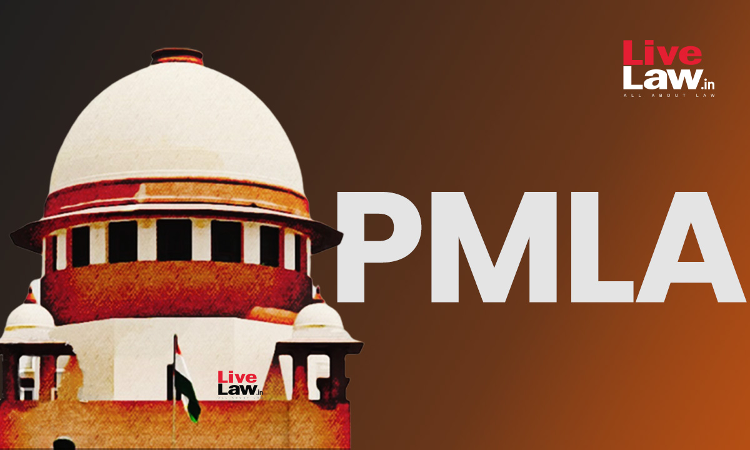The Supreme Court on Monday while dismissing Tamil Nadu Minister Senthil Balaji's plea challenging custody by Enforcement Directorate in the money laundering case, held that a writ of habeas corpus would not be maintainable on allegation of illegal arrest by the ED. The Apex Court clarified that the plea regarding illegal arrest is to made before concerned the Magistrate, since custody...

